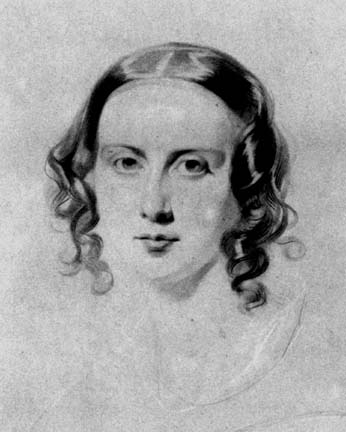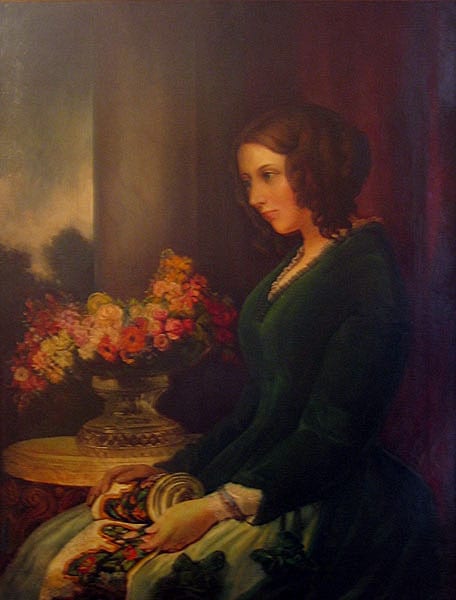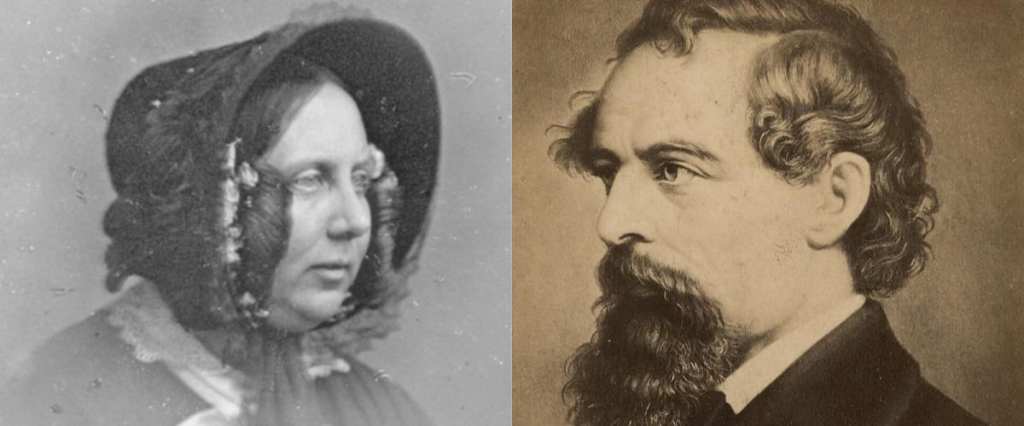Trending Now
There are plenty of horror stories from days gone by about women who were sane but also a pain in the butt to the men in their lives getting locked away in a mental institution. After all, a hundred years ago all you needed was male willing to say you didn’t know when to shut your smart mouth to land in a straight jacket – a lesson that Catherine Hogarth Dickens almost learned the hard way.

Image Credit: Wikipedia
The Smithsonian reports that after 1o children and 22 years of marriage, the Dickens couple had a not-so-cordial separation that was probably Catherine’s idea. But although Dickens wrote to his agent that Hogarth wanted out of the marriage because of her “mental disorder” and that “she felt herself unfit for the life she had to lead as my wife, and that she would be better far away,” he made no mention of his affair with a much younger actress.
Not only that, but University of York professor John Bowen recently dug into a treasure trove of never-before-seen letters sent by Edward Dutton Cook – Catherine’s neighbor after the separation – that he found in the Theatre Collection at Harvard’s Houghton Library.
They don’t paint a pretty picture of Dickens – though of course, it’s a he-said, she-said situation.

Image Credit: Wikipedia
Cook wrote in one letter that “He [Charles] discovered at last that she had outgrown his liking. She had borne 10 children and had lost many of her good looks, was growing old, in fact. He even tried to shut her up in a lunatic asylum, poor thing! But bad as the law is in regard to proof of insanity he could not quite wrest it to his purpose.”
The letters made Professor Bowen uncomfortable – rightly so. “Biographers and scholars have known for years how badly Dickens behaved at this time, but it now seems that he even tried to bend the law to place his wife and the mother of his children in a lunatic asylum, despite her evident sanity. What I discovered was detailed and shocking…”

Image Credit: Wikipedia
Detailed and shocking, perhaps, but in the longstanding tradition of men with power and the way they treat the women in their lives, it can hardly be called surprising.
If Catherine Hogarth Dickens were alive today, she might have tweeted her story with #metoo attached.






